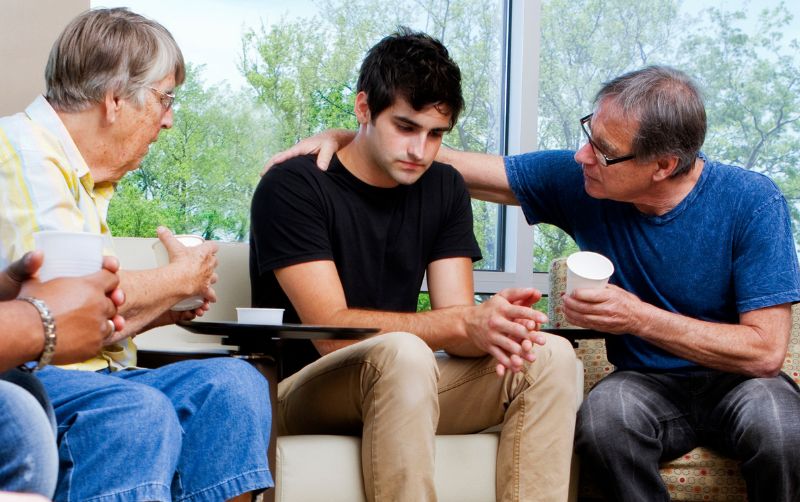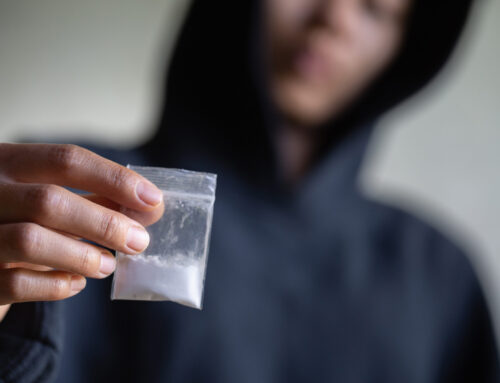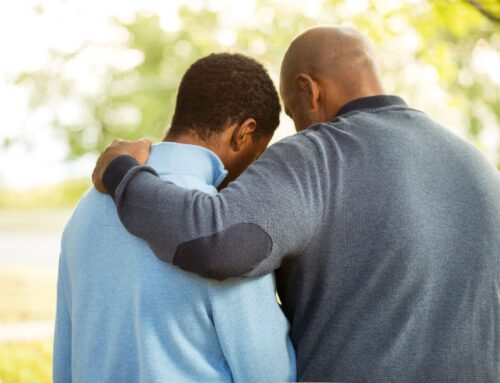
What’s Next After A Drug And Alcohol Intervention?
Addiction is a family disease. Families play a key role in creating and maintaining addiction, and they can also help their loved ones heal from their personal pain and anguish. If you have done your part in staging and completing an intervention, what happens next is contingent on the person, their commitment, and their willingness to help themselves (if they want to be sober). You may think your responsibilities have ended or lessened after the formal intervention. However, there is more work in front of you as this person’s family member or close friend. Today, let’s talk about what’s next after a drug and alcohol intervention.
What Are the Two Probable Outcomes of Intervention?
There are two possible outcomes that follow a staged intervention. The first is the outcome that no one wants, but it does occur. The person continues to use drugs rather than seek out the help they need for their addiction. When this happens, it’s imperative that you stick with the promises you made during the entire intervention process. If you committed to shifting away from behaviors and actions that are/were enabling, then stick with that. If you told them they can no longer live with you if their addiction festered, then do not back down from this promise. No one ever said these would be easy decisions to make, but if it’s for the sake of your family’s welfare and others who are affected by this person’s drug and alcohol addiction, then so be it.
Alternatively, the other result of a drug and alcohol intervention (and the favorable one) is that your loved one will recognize the addiction, will fully understand how treatment will help them, and will agree to be admitted into a formal, evidence-based, treatment program.
What Happens to an Addict After an Intervention?

If a loved one chooses to go through with treatment, that individual is agreeing to spend the next part of their lives in an environment that is safe, secure, and above all, structured. The National Institute on Drug Abuse has established that one of the core principles for effective treatment is treatment that lasts for a sufficient amount of time. The amount of time spent in treatment will depend on that person’s specific needs and requirements. It’s not something that can be established pre-treatment, as unique issues like the drug of choice, duration of abuse, and withdrawal symptoms, are all examples of deciding factors that come into play during active addiction treatment.
Staying Available for Family Therapy If Required
After a drug and alcohol intervention, family therapy is one of the many important treatments of drug and alcohol addiction. This mode of therapy often involves several phases of communication and therapeutic techniques. Chief among them are:
- Using family strengths to encourage that person to find healthier ways to live their lives
- Speaking to family weaknesses and correcting unhealthy behaviors
- Addressing the needs of family members who are riddled with anger & resentment towards the addict and by extension, their past behaviors
- Developing a familial plan of support, once intensive treatment has concluded
Please keep in mind that in the family, for the sake of family therapy, there is a wider spectrum of what constitutes a family. Some may think of family as immediate or an extended unit that is made up of individuals bound by blood or marriage. For some, their core family unit can include godparents, close friends, and others.
Additional Steps to Take Post-Intervention
We recommend that the family members and friends of our patients participate in the following, upon the conclusion of their interventions:
- Seeing an individual therapist: Family therapy is a great start, but so too is individual therapy. A therapist will ensure that issues pertaining to or ones that exacerbate addiction, are addressed and fully resolved.
- Attending family day events at the rehab: To help families remain connected during the process of recovery, certain rehab centers may offer family days and other types of social events. By attending an event, it’s a unique way to signal to that person that they have your support.
Recovery Care Partner Will Provide a Comprehensive Drug and Alcohol Intervention
Recovery Care Partner will not only provide you and your loved ones with comprehensive intervention treatment, we will also ensure that you receive continued care, after the fact. We have helped many people find the right resources and services along the continuum of care. For more information on our services, contact us today at 855-727-2887







